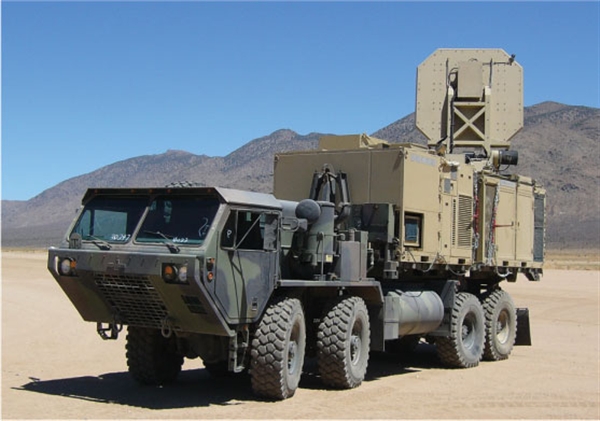WASHINGTON — A select number of servicemembers are learning ways to become experts in Afghan culture through the Afghan Hands Program.
“We don’t land in Afghanistan as experts, but the vision is that we become Afghan experts and then be[come] able to assimilate into this culture and develop relationships that just aren’t possible with the short-duration deployments that we’ve traditionally had,” Navy Capt. Russell McLachlan, the program’s manager, said during a recent “DoDLive” Bloggers Roundtable.
The mission of the Afghan Hands program, he said, is to build long-lasting, positive partnerships with the Government of the Islamic Republic of Afghanistan, Afghan entities, and civilians, in order to demonstrate the long-term commitment of the International Security Assistance Force. The program, he added, is viewed as a method to build trust with the Afghan military and local populations in Afghanistan.
“Afghan Hands” was established about a year ago at the direction of Navy Adm. Mike Mullen, the chairman of the Joint Chiefs of Staff, McLachlan said. The chairman, he recalled, had “issued a statement to the services — a pretty strong message — stating this was the number-one manpower/personnel issue in his mind.”
The program’s vision, McLachlan said, is to take a small group of about 200 people in all military services and ranks and put them though four months of intensive language school, give them a “heavy dose” of Afghan culture, and teach counterinsurgency strategy prior to deploying to Afghanistan.
“What we have now [are] 200 highly trained experts, he said.”
Servicemembers recruited into the program are highly motivated individuals that possess the right skills for the mission, McLachlan said.
“Whether it’s an intel[ligence] officer, security forces, what have you, they go out and they recruit those that are really interested in it and have the capacity or shown the capacity to learn a new language,” he explained.
Navy Cmdr. Raymond Tortorelli, the outreach chief for Afghan Hands, said one of the best aspects about the training is going through the immersion part of the program.
“We are using the language skills and the cultural things that we’ve learned and interacting with the local people,” Tortorelli said. “There is such a huge difference when we do that. They smile — they take to us right away — and they’re happy to see us.”
Afghan Hands graduates are embedded throughout Afghanistan, including service with high-level Afghan generals in the Ministry of Defense, and service at the battalion level, McLachlan said.
“They’re scattered all over the country and assimilate with every Afghan entity, he said. “Everywhere ISAF touches in this country, we want to be embedded with long-lasting relationships.”
McLachlan said a large commitment comes with being a part of the program. Participants, he said, deploy for 12 months, return home, then go through a language refresher and then return back to the program.
Program participants, he said, are expected to do multiple tours and then have their replacements come into the same billet. The ideal process, he added, is for servicemembers to serve their 12 months, and then introduce their replacement to their Afghan partner to build a new connection before returning home. It’s important, he added, that program participants tell their Afghan partners that they plan to return.
“Relationships are not built in six-month tours or even a year,” McLachlan said, “so you have to have that mind-set. And that is unique, and that’s what the services are working really hard to find.”
Afghan Hands graduates are helping to shape Afghanistan for generations to come, Tortorelli said.
“We’re working hard to make a difference,” he said.
The Afghan Hands, Tortorelli said, also are conducting a two-day conference to mark the six-month mark in the deployment of the first group and for members to share best practices and good news stories to help continue to make the program a success.
“One of the reasons we’re here is to build long-lasting relationships with the people, and also with the key leaders that are out here, he said. “I get to do that on a daily basis now, and I’m proud to be a part of the program.”
Source:
U.S. Department of Defense
Office of the Assistant Secretary of Defense (Public Affairs)

 von
von 